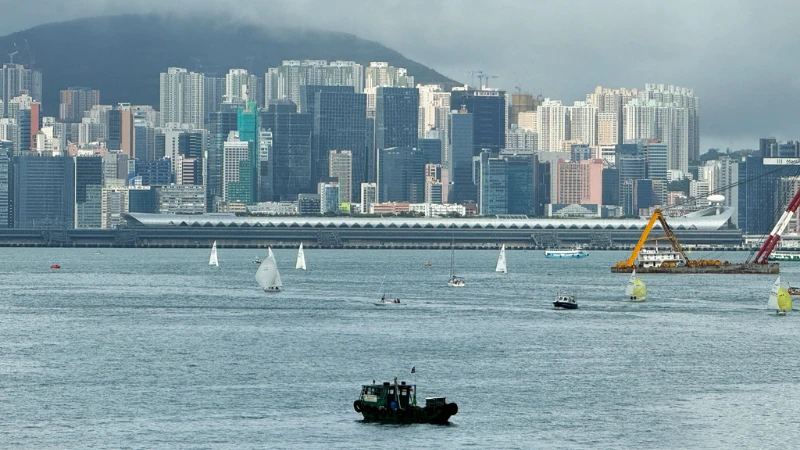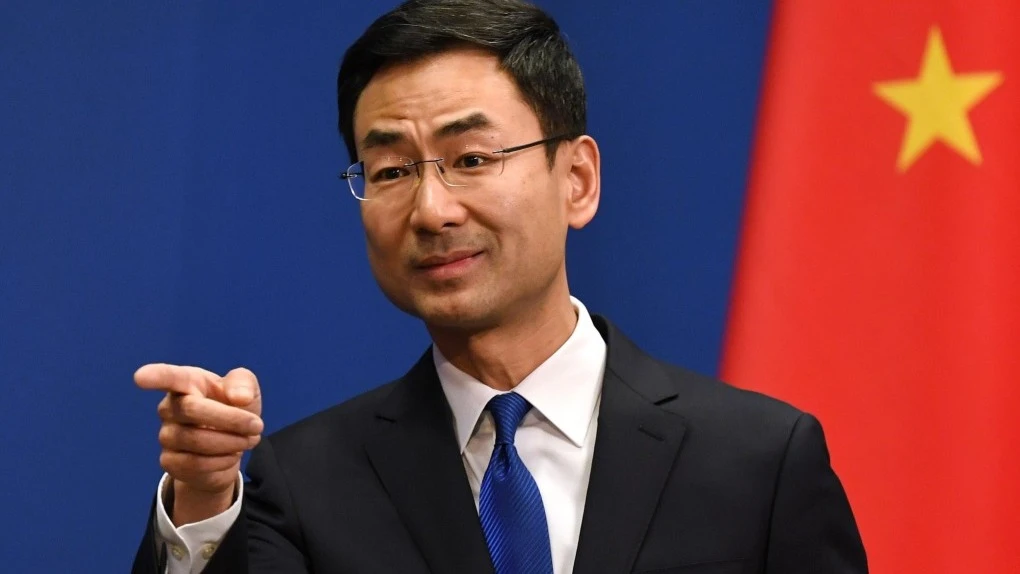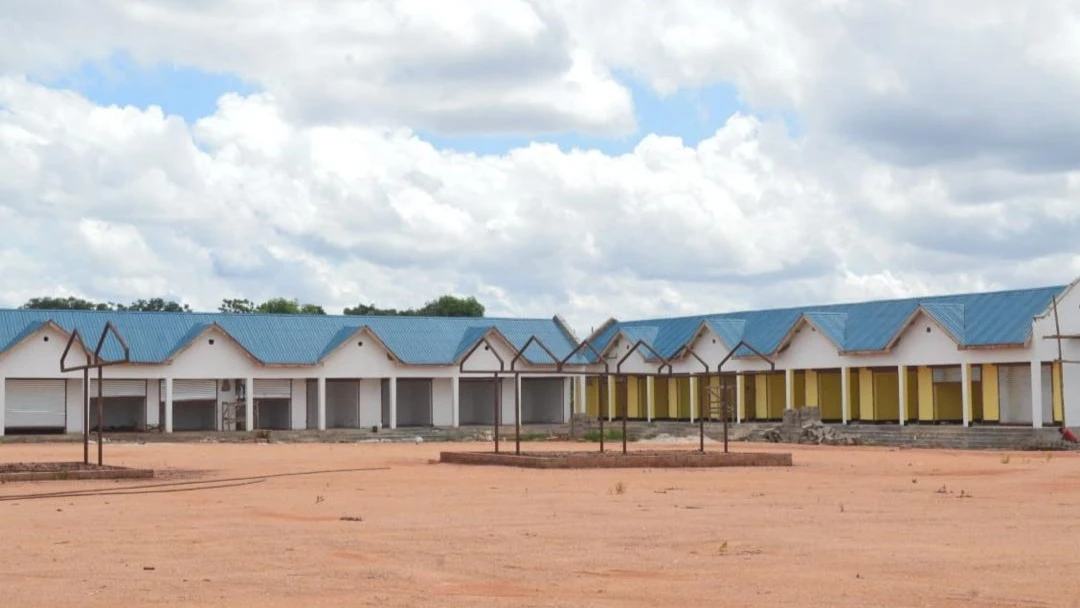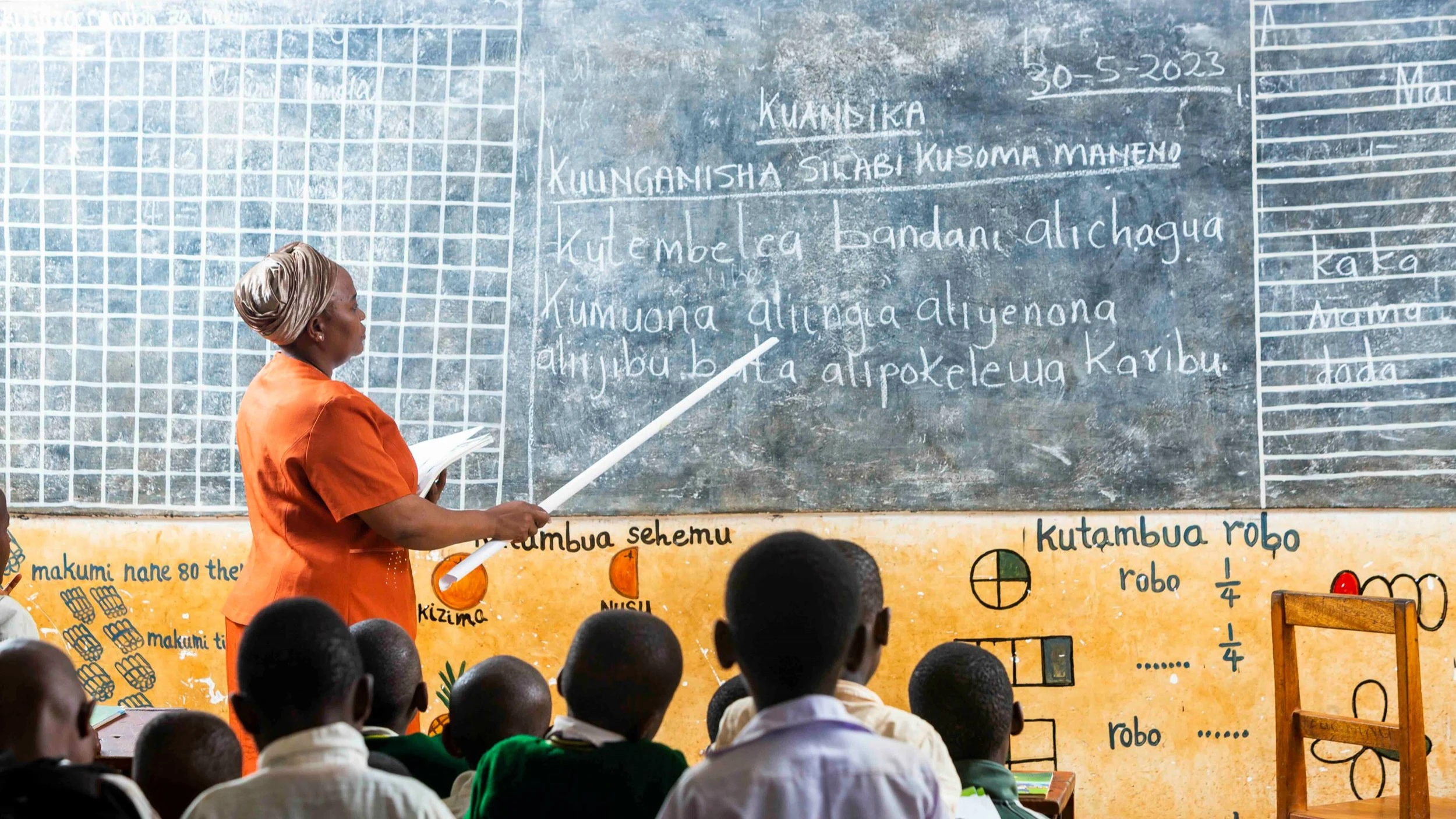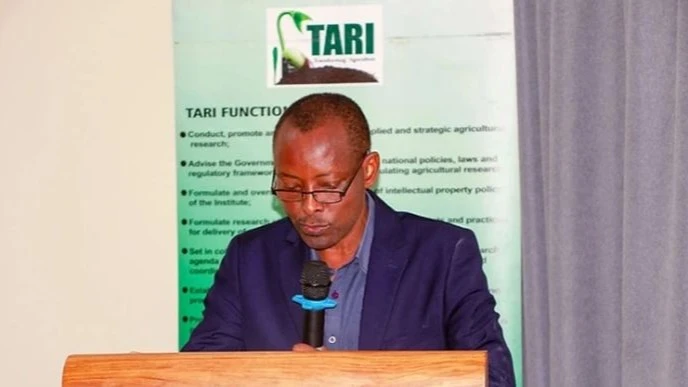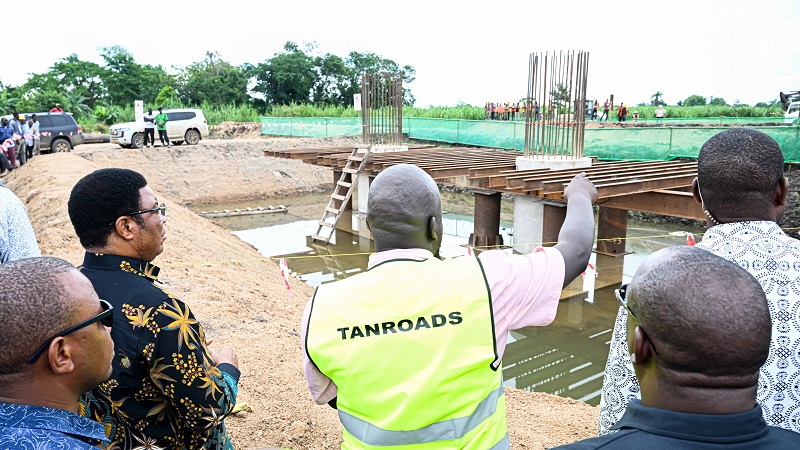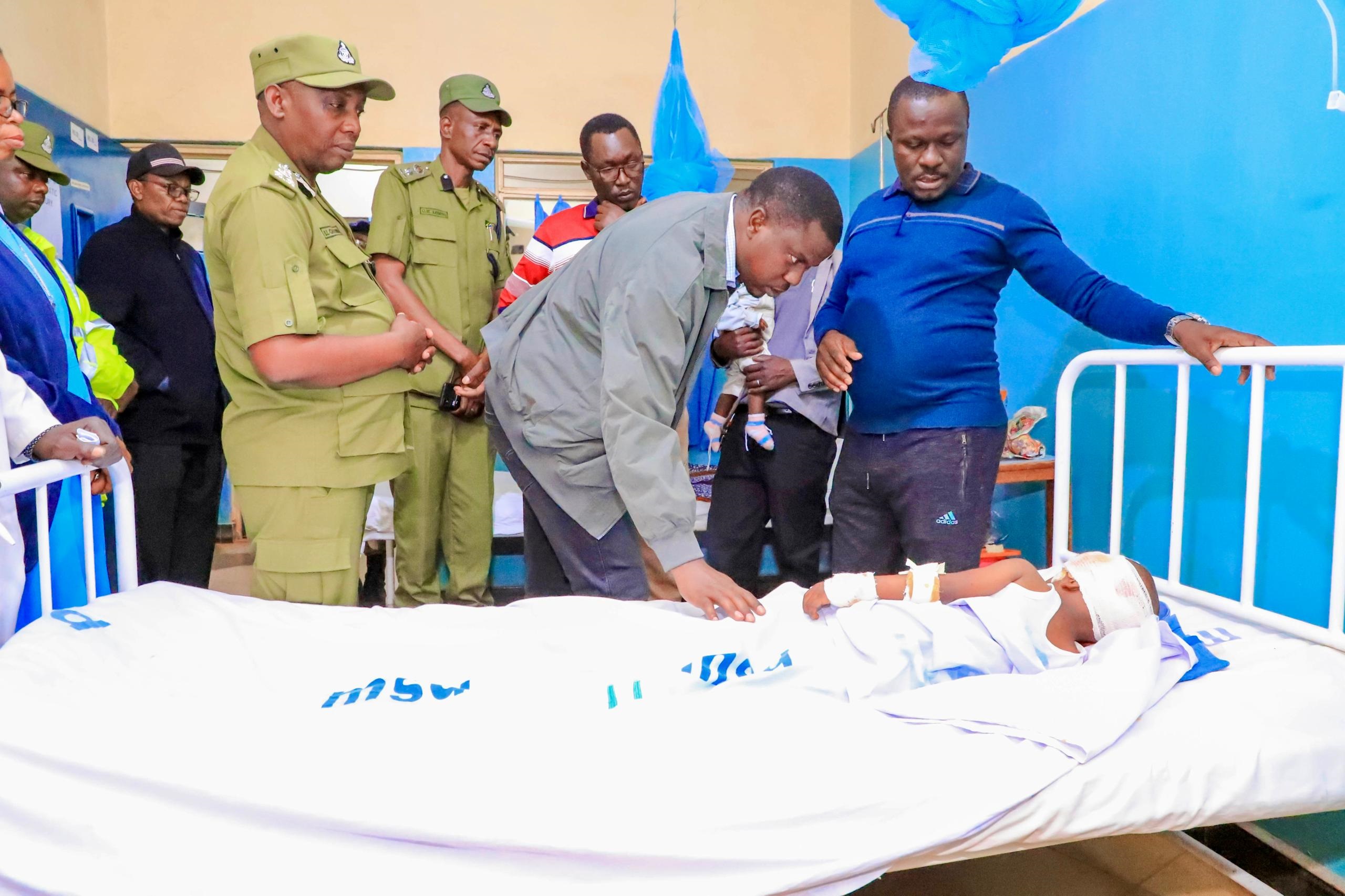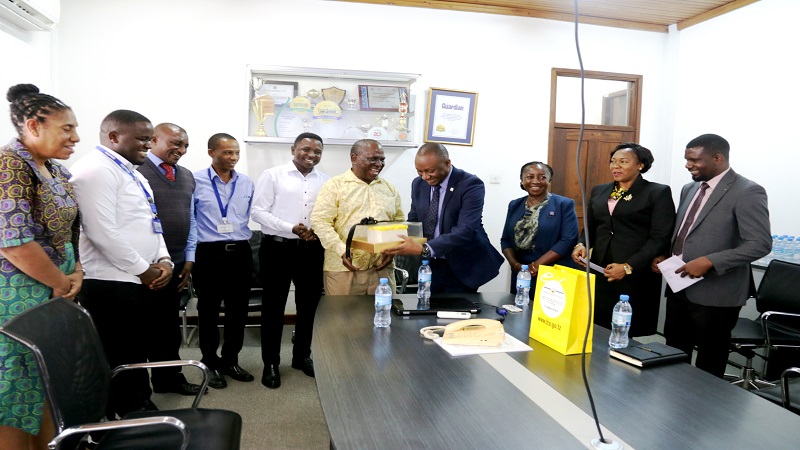Mwalimu Nyerere: A Charismatic leader who deserves to be a saint
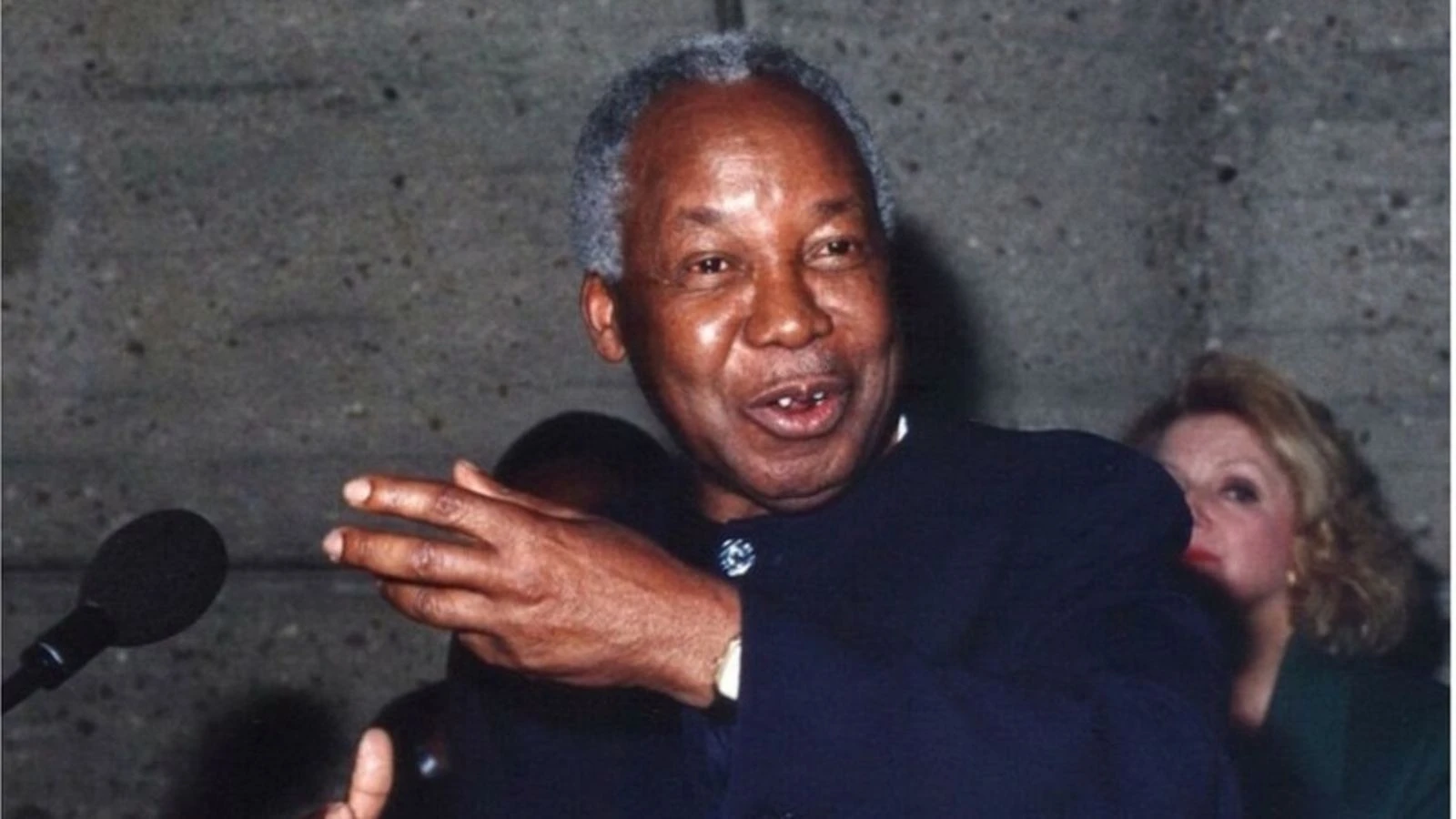
JULIUS Kambarage Nyerere, known as ‘Mwalimu’ or ‘Teacher’ in Englishi, was born on the April 13th 1922 at Butiama in Musoma District, Mara Region and died on October 14th, 1999 at the Saint Thomas Hospital in London.
He was the founding Father of Tanzania and a prominent Pan-African leader who played an essential role both within our country and across the African continent.
Mwalimu Nyerere was a strong defender of the African unity, believing that political unity of the African Continent was essential for the growth and development of Africa. He actively participated in the founding of the Organization of African Unity (OAU) in 1963, which aimed at promote solidarity and collective action among African nations.
His support for the African Liberation was exemplary as he provided unwavering support for liberation movements across the continent. Tanzania became a safe haven for many African liberation leaders and organizations, such as the People's Movement for the Liberation of Angola (MPLA) of Angola; South and West African Peoples Organization (SWAPO) of Namibia; the African National Congress (ANC) and the Pan African Congress (PAC) all of South Africa; Mozambique Liberation Front (FRELIMO) of Mozambique; and the Zimbabwe African National Union (ZANU) of Zimbabwe. Mwalimu Nyerere’s commitment and dedication to the African Liberation and ideals of Pan-Africanism and African unity left a lasting legacy.
At home in Tanzania, Mwalimu Nyerere exhibited empathy, compassion and love to us his people teaching us to love one another and to be united as one nation regardless of our over 120 tribes and language diversity. The unity of Tanzanians was inspired by his visionary words that he proclaimed on October 22nd, 1959, in his speech in LEGICO - the National Assembly at the time; he said: “…We, the people of Tanganyika, would like to light a candle and put it on the top of Mount Kilimanjaro which would shine beyond our borders giving hope where there was despair, love where there was hate and dignity where there was before only humiliation…”.
On the eve of Tanganyika independence, Mwalimu Nyerere fulfilled his vision of “lighting a candle and put it on the top of Mount Kilimanjaro” when Captain Nyirenda of the Tanganyika Armed Forces light a Torch and placed it on the top of Mount Kilimanjaro to shine within and beyond the borders. From that day to date a national Torch (known as Mwenge) began touring the country annually infusing the spirit of freedom, unity, love, peace and hope among the citizens. Our unity as Tanzanian was further solidified by the use of Kiswahili as a national language that Mwalimu promoted it with all his energy.
Mwalimu Nyerere was also opposed to all forms of economic, social, political, racial, tribal and religious segregation. He was an uncompromising leader when in came to corruption. He did not draw wealth to himself to the point that when he retired the Government had to build him a very simple house in Butiama that stands up today.
He was angry to government leaders and other civil servants of his government who seemingly accumulated wealth during their tenure in Government service and in an attempt to tame these leaders in 1971 he drew up a document called “Mwongozo wa TANU wa Mwaka 1971” that decreed codes of conducts for leaders and civil servants to ensure they do not indulge in corruption to accumulate wealth but rather serve the people with dignity.
Mwalimu Nyerere’s integrity, modesty, spiritual uprightness and intellectual rigor that guided his style of leadership have inspired the Catholic Church to consider him for canonization. His integrity and honesty persuaded the Catholic Church to believe that he was a great leader of cherubic proportions; and that is why in 2005 the Tanzania Bishops with consent from the Vatican initiated a beatification process to determine his sanctity and eventual canonization in the future.
Religious leaders as well as scholars believed that Mwalimu Julius Kambarage Nyerere was an especially gifted leader that needs to be emulated by other leaders of our time. Africa is today confronted by a leadership crisis because most political leaders are engaged in corruption to accumulate wealth for their personal life. Compared to Mwalimu Nyerere, who is described by Pope Francis in his Encyclical Letter; Evangelii Gaudium 273 as “a politician with a soul” who lived for others while most African leaders live for personal gains and are a disgrace.
Dr Ng’wanza Kamata of the University of Dar es Salaam wrote about the life of Mwalimu Nyerere that showed a balance between political and religious life.
He wrote: “…Mwalimu Julius Kambarage Nyerere, fought for human-centered development, sought empowerment for the poorest in his country, and maintained a deep respect for human rights and inter-religious peace in an unstable part of the world. A committed Catholic who regularly mediated on the Scriptures, he translated liturgical texts into popular Swahili, while prophetically advocating for a more socially relevant Church. He led a very simple lifestyle….”. The narrative of Kamata indicates that in Mwalimu Nyerere’s public life, politics and religions co-existed giving Mwalimu the identity of a good true leader.
In the International Colloquium titled “Mwalimu Julius Nyerere a Politician with a soul and a Servant of God” that was held in Rome on the November 21st, 2023; the link between faith and political career of Julius Nyerere was examined.
In this colloquium Archbishop Fortunatus Nwachuku of the Dicastery for the Doctrine of the Faith at the Vatican, described Mwalimu Nyerere as a leader who lived according to the Spirit of the New Testament of brotherhood.
He said: “…Mwalimu Julius Nyerere as President his focus was not on how big or how fat was his bank account somewhere in Europe, his focus was on uniting his people… His emphasis was not on how many fleets of cars he owned; His focus was on Ujamaa - how can we be together as brothers and sisters...”
The consideration for canonization of Mwalimu Nyerere is a testimony that he was an extraordinary leader with compassion and empathy who lived as a true leader. The Catholic Church prays with the whole World a prayer recited here-under so that God reveals the state of Mwalimu Julius Kambarage Nyerere in the eschatological life. And here we PRAY:
…Ooh! Almighty God our Father, you created us and set us on this earth so that we can know you, serve you, love you and love our neighbor. Father our Creator; we thank you for the gift of your Servant Julius Kambarage Nyerere the faithful, and Father of a Family, who led your people of the Tanzanian Nation as a true Father and Teacher. Ooh!
Father your servant gave himself up for the service of your people with an unending love, and without tiring; he built Unity and Solidarity among God’s children. He cared for the poor, and lifted the weak, he comforted the orphans and all those who were refugees displaced from their homelands because there was no peace; he received and took care of them. Ooh! God, your servant was faithful to you and you’re Church and he became a beacon of a living Faith and true piety.
He was granted true love and great respect to the Mother of your Son Jesus Christ, entrusting the people of his country to the maternal love and care of the Virgin Mary. Ooh! God your Servant Julius Kambarege Nyerere taught all peoples to know and respect you; he fought for justice and was against all forms of intimidation and harassment. His humility in serving the people of God remains an example to be emulated by all peoples of all generations as they journey back to you.
Father Almighty God, we pray that you grant us your virtue through his intercessions, as according to your holy Will, and the holiness of your Servant be openly revealed to all people of God; so that he be counted among your Saints. AMEN...
By Dalaly Kafumu
Top Headlines
© 2024 IPPMEDIA.COM. ALL RIGHTS RESERVED











